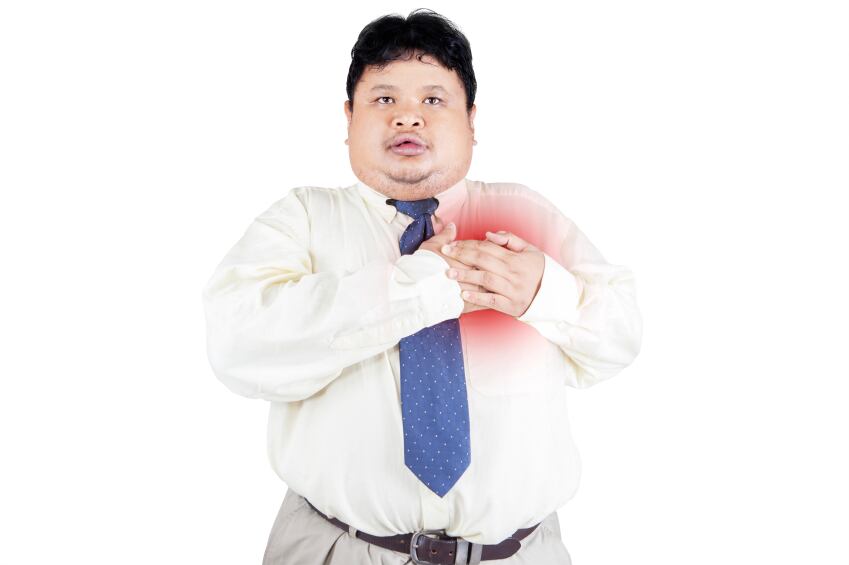“Cholesterol levels are rising in China, so there is a need for cholesterol-lowering products,” said Olavi Erkinjuntti, sales director of Raisio’s Benecol business.
The Benecol powdered drink launches in conjunction with local partner Hangzhou Neptunus Bioengineering which is part of the €2bn Neptunus group.
Neptunus owns 1700 Nepstar pharmacies in China’s biggest cities where the products will be sold. “Selected hospital stores and sales channels of health care professionals,” were highlighted by Raisio in a statement. “In the long term, Neptunus will focus on significantly expanding its sales network.”
Erkinjuntti told us: "Distribution via medical channels is under review as a potential route to reach out to health care professionals. This may be an important route to increase product benefit & brand awareness."

He said Neptunus had been selected as its partner because it is "experienced in functional food supplements and has access to a valuable Nepstar distribution channel. They also have expert in-house health care professional and consumer marketing resources. Neptunus has shown constant commitment to our project since we started building the business together, and we are glad to work with them."
Benecol there, done that
Raisio has made no secret of its emerging market ambitions as European markets have flatlined and the US market never taken off. It recently bought back licensing rights in Europe and the US from Johnson & Johnson to regain greater control over the brand backed by EU-approved, cholesterol-lowering claims along with claims in several other jurisdictions.
Benecol launched Benecol yoghurt drinks in South Korea in February in partnership with local player Lotte, entered Hong Kong with yoghurt drinks in September 2013, and has debuted in several South American countries, most recently Brazil with a milk launched with local dairy, Shefa.
Other emerging market expansions include Indonesia, the Philippines, Chile and Ecuador.

“This expansion to the world's most populated country supports Raisio’s aim to open up new markets for Benecol products together with its licensing partners,” the firm emphasised.
Erkinjuntti said the powdered drink format had been selected because of its popularity in Asia and China.
"In China consumers often prefer warm liquids to drink, instead of chilled ones. A powder drink represents a format that allows the consumer to choose the beverage temperature themselves. Also a powder sachet is convenient and portable, characteristics valued by consumers."
A 30-sachet box will retail for about 350 Chinese Yuan Renminbi (€50).
A powdered Benecol coffee has previously debuted in Thailand with its partner there, Pens, and in Indonesia its partner Kalbe launched powder-based snacks and drinks.
Benecol sells in 30 markets globally with the UK being its strongest market.
The World Health Organization (WHO) estimates one-third of the Chinese population have elevated cholesterol levels as western diets gain in popularity.
In 2013 market analyst Euromonitor International put the global market for plant stanol and sterol based, cholesterol-lowering products including supplements at about €2.45bn with Unilever’s pro.activ brand and Benecol the runaway leaders. Other major brands include Danone’s Danacol yoghurt drink.
Plant sterols and stanols won EU approval in 2009 for cholesterol-benefitting claims under article 13 (general function) and 14 (disease risk factor reduction) of the strict EU nutrition and health claims regulation (NHCR). That approval permitted claims such as: “Plant sterols and plant stanol esters have been shown to lower/reduce blood cholesterol. High cholesterol is a risk factor in the development of coronary heart disease.”
